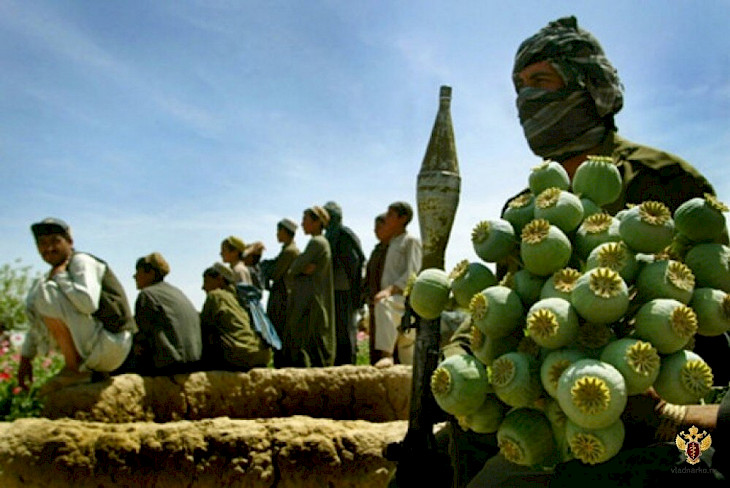Despite the Taliban's 95% reduction in opium poppy cultivation in Afghanistan, drug smuggling in the region is on the rise, which can be explained by the ongoing production of opium in the country. Atageldy Yazliev, the director of the Central Asian Regional Information Coordination Center for Combating Illicit Trafficking in Narcotic Drugs, Psychotropic Substances, and their Precursors (CARICC), made this statement, TASS reports.
"According to the estimates of international experts, as a result of the Taliban's ban on opium poppy cultivation, the cultivation area has decreased by 95%. Nevertheless, CARICC statistics indicate an increase in drug smuggling in the region, which may be related to the realization of opium or heroin stocks from previous years' harvests or indicates the ongoing production of drugs in Afghanistan," noted Yazliev, speaking in the lower house of the parliament of Kazakhstan. Yazliev mentioned that the volume of seized drugs in the member countries of the organization increased by more than 100% in the first nine months of 2023 compared to the same period in 2022.
During the first nine months of 2023, the number of drug-related crimes in the member countries increased by 8.3%, and crimes related to drug trafficking increased by 8.9%. In Russia, in particular, drug-related crimes increased by 8.8%, according to Yazliev.
Overall, in Central Asia, "the drug situation is characterized by an increase in the production of opiates and methamphetamine in Afghanistan, the emergence of new types of synthetic drugs, and methods of their distribution," Yazliev pointed out.
He also reported that in the CARICC countries, 230 underground laboratories were identified in the first nine months, mostly in Russia, manufacturing synthetic and other types of drugs, which is 12% more than identified in a similar period in 2022.
"As a result of the activities of these laboratories, relatively cheap local amphetamines appear, displacing more expensive drugs from the market," emphasized Yazliev.
According to the UN, Afghanistan covers 80% of the world's demand for opium.
In 1996, a Memorandum of Understanding on Regional Cooperation in Drug Control was signed in Tashkent by representatives of Kazakhstan, Kyrgyzstan, Tajikistan, Turkmenistan, and Uzbekistan. Russia joined the Memorandum in 1998, and Azerbaijan joined in 2001. The need to adopt the Memorandum was prompted by the increasing drug expansion from Afghanistan. In 2004, the CARICC was established in Almaty to develop the provisions of the Memorandum.
CentralasianLIGHT.org
December 11, 2023

